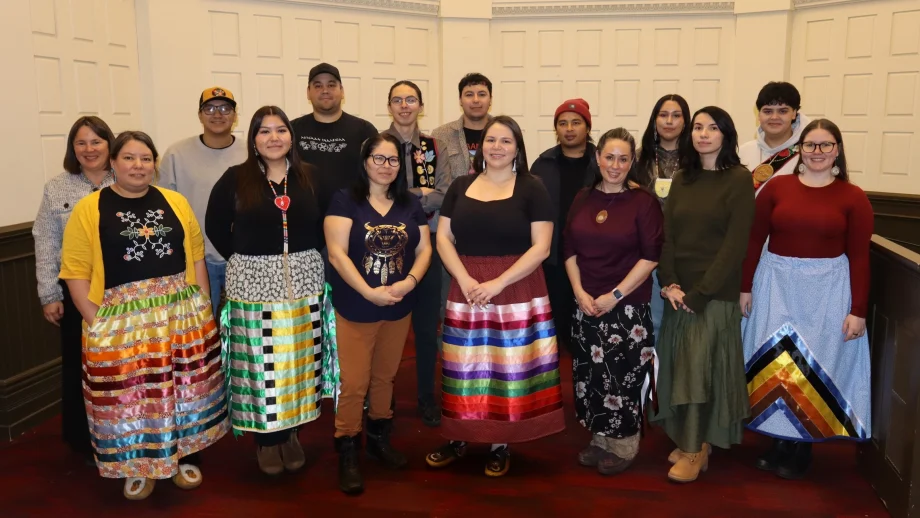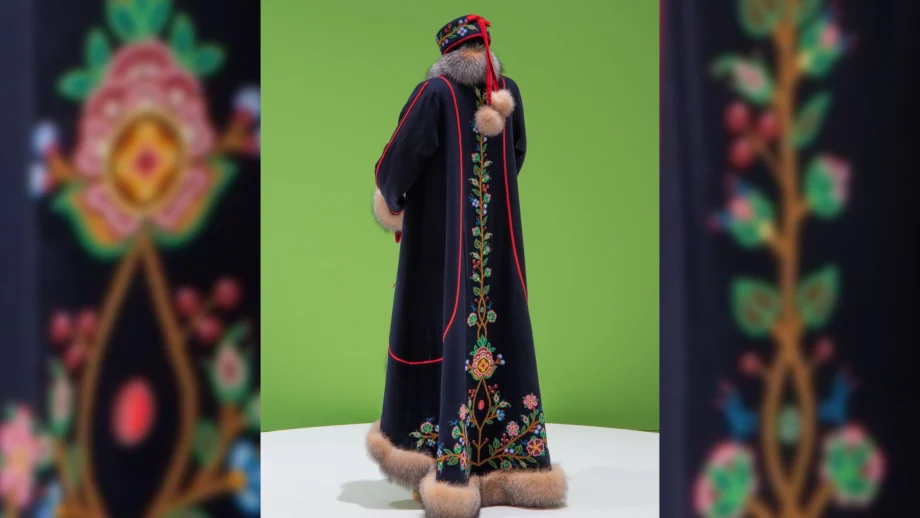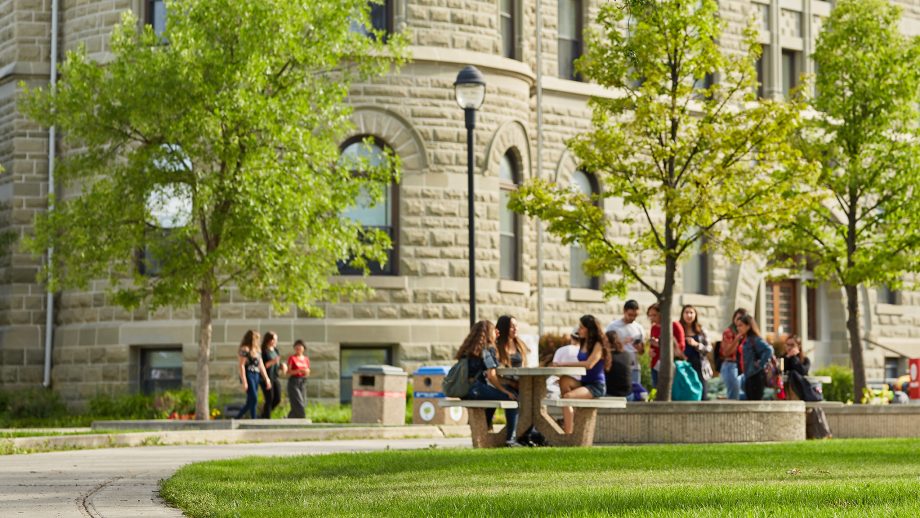WINNIPEG, MB –The University of Winnipeg’s Board of Regents recently approved the creation of an Indigenous Advisory Circle to ensure the inclusion of Indigenous Peoples’ perspectives in the governance of The University of Winnipeg. The Circle will be chaired by Dr. Phil Fontaine, former National Chief of the Assembly of First Nations.
“We recognize that the University is on Treaty One land in the heart of the Métis Nation,” explained UWinnipeg President and Vice-Chancellor Dr. Lloyd Axworthy. “We are committed to provide an institutional framework to allow for Indigenous perspectives to contribute to the University’s governance, programs, and services to ensure there are no barriers for Indigenous students and to improve access by advancing scholarships and bursaries.”
The University of Winnipeg Indigenous Advisory Circle evolves from the successful Master’s of Development Practice Indigenous Advisory Circle constituted in September, 2010 to guide the development of the MDP program.
Essential Element in Shaping Scholars
“Including Indigenous Knowledge and systems within western education systems is an essential element in shaping the next generation of scholars and world citizens and repairing those relationships that have been significantly damaged by its long absence,” said Leslie Spillett,Executive Director of Ka Ni Kanichihk and Advisory Circle member.
“Education is the key to building a stronger Aboriginal community with economic opportunities for our young people,” said James Wilson, Commissioner of the Treaty Relations Commission of Manitoba and Circle member. “The University’s strong leadership and support of the Advisory Circle is proof of the institution’s desire to ensure accessibility while building bridges to allow the Aboriginal community to succeed, as part of the larger fabric of Canada.”
The Indigenous Advisory Circle meetings will be held four times annually and the Circle will advise the President and Vice-Chancellor, the Associate Vice-President Indigenous, Government and Community Affairs, Senior Administrators, and the University community. The Advisory Circle’s membership represents urban, rural and northern Indigenous peoples in Canada as well as other international Indigenous communities. Members have expertise and experience in a range of areas, but particularly in education and development.
For more information on Indigenous initiatives at The University of Winnipeg, go to indigenous.uwinnipeg.ca




